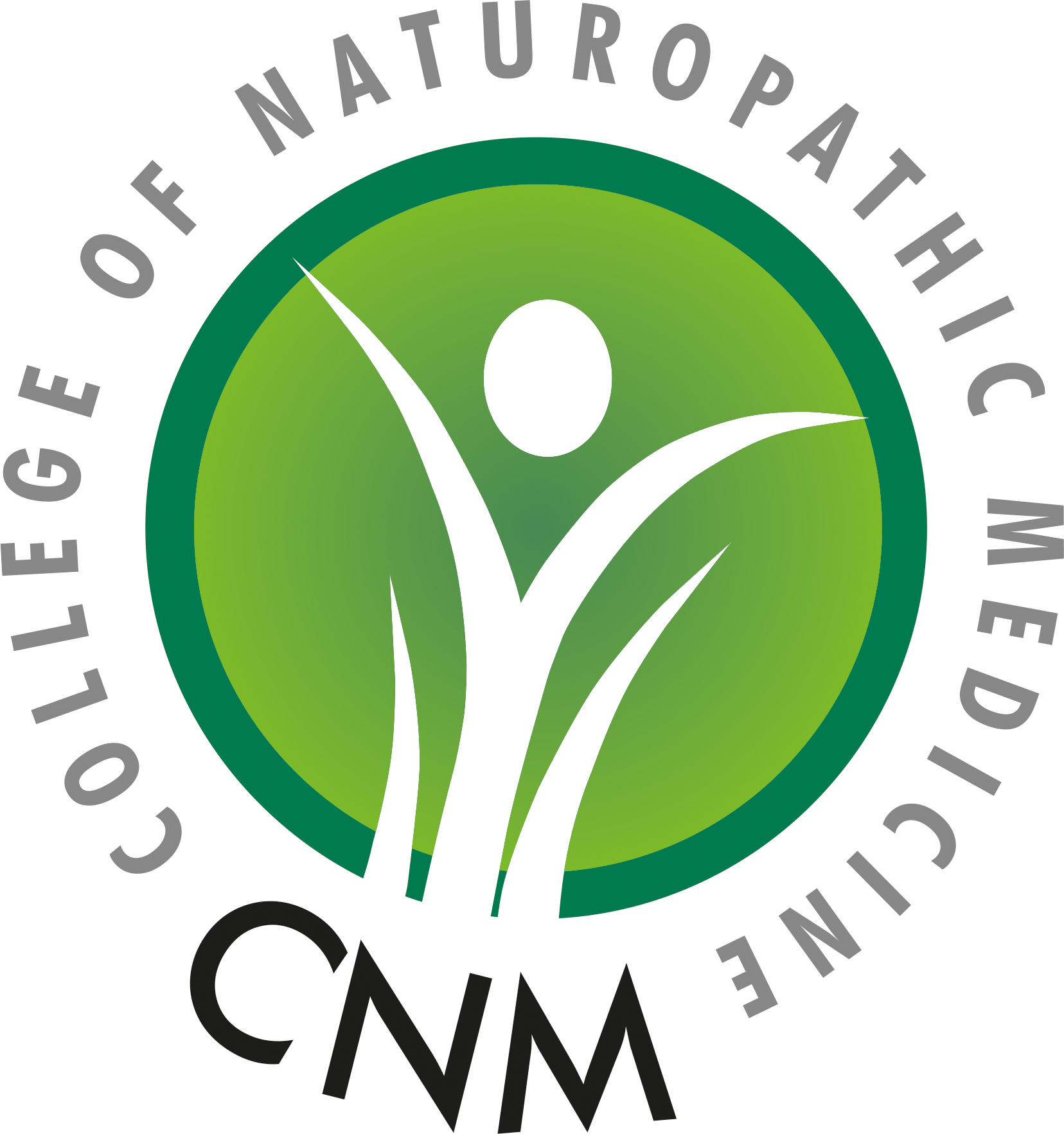ADVERTISEMENT PROMOTION
 Discover some natural approaches to easing hay fever symptoms with naturopath, nutritionist and herbalist for the College of Naturopathic Medicine, Michelle Sanchez.
Discover some natural approaches to easing hay fever symptoms with naturopath, nutritionist and herbalist for the College of Naturopathic Medicine, Michelle Sanchez.
 Hay fever occurs due to pollen from trees and certain grasses. An immune system reaction is triggered when you come into contact with airborne particles such as pollen or dust mites, which the immune system deems harmful. It then produces antibodies, which signal the release of histamine, a natural chemical produced by your body to get rid of harmful substances. Histamine causes sneezing, watery eyes, congestion, sinus pressure, runny nose and itchy eyes. Here are some ways to find relief…
Hay fever occurs due to pollen from trees and certain grasses. An immune system reaction is triggered when you come into contact with airborne particles such as pollen or dust mites, which the immune system deems harmful. It then produces antibodies, which signal the release of histamine, a natural chemical produced by your body to get rid of harmful substances. Histamine causes sneezing, watery eyes, congestion, sinus pressure, runny nose and itchy eyes. Here are some ways to find relief…
1 Eat fresh, organic fruits and vegetables.
Vitamin C in fruit and veg acts as a natural antihistamine and also helps reduce inflammation. Broccoli, cauliflower, bell peppers, citrus fruits, kiwifruit, tomatoes and strawberries contain lots of vitamin C.
2 Increase your intake of anti-inflammatory foods.
These include garlic, onions, ginger, leafy greens, omega-3 (avocado, flaxseeds, chia seeds, flaxseed oil, sardines, mackerel), walnuts, almonds, lentils, and chickpeas.
3 Get your probiotics
Go for Lactobacillus and Bifidobacterium as they help to repopulate your gut bacteria and reduce an overactive immune response. Try fermented foods such as sauerkraut and kimchi, which are rich in beneficial gut bacteria.
4 Supplement with quercetin
This key antioxidant is anti-allergic and antihistamine and helps prevent your immune system from overreacting to allergens. Food sources of quercetin include apples, berries, broccoli, grapes, peppers, red onions and both green and black teas.
5 Stock up on bromelain
This enzyme is naturally found in pineapple, and it’s known to reduce hay fever symptoms as it decreases inflammation and swelling in the sinuses. You can also get bromelain in supplement form as a capsule.
6 Check your vitamin D levels
Vitamin D deficiency is linked to poor immune function and allergies. Take a high-strength supplement of at least 1000iu daily.
7 Try medicinal mushrooms
These contain beta-glucans, which stimulate the immune system to work more efficiently and promote the growth of beneficial bacteria in the gut. Reishi mushroom in particular helps to reduce the release of histamine and calm down an overactive immune system.
8 Add bee pollen
This is anti-inflammatory, antiviral, antimicrobial and antifungal and great for your immune system. It’s also rich in vitamins A, C and E as well as resveratrol and lycopene. Bee pollen is sold as natural granules, which can be added to porridge or smoothies, or eaten on their own.


 Study with the No.1 training provider in natural therapies. Attend an Open Day and find out about becoming a Nutritional Therapist, Herbalist, Acupuncturist, Homeopath or Naturopath. Visit
Study with the No.1 training provider in natural therapies. Attend an Open Day and find out about becoming a Nutritional Therapist, Herbalist, Acupuncturist, Homeopath or Naturopath. Visit 





